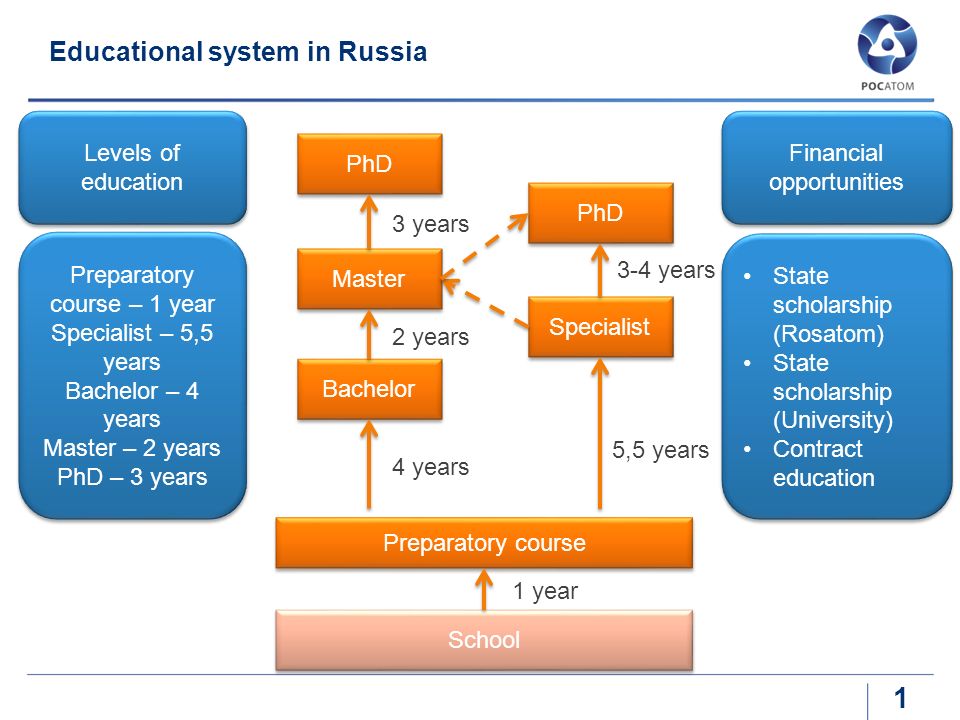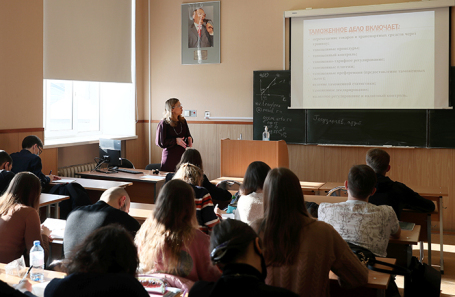
Currently, the procedures for setting tuition fees in higher education institutions are determined by their founders. For instance, agricultural universities fall under the Ministry of Agriculture, while medical universities are overseen by the Ministry of Healthcare. According to the Ministry of Education and Science, the cost of higher education in Russia has risen by over 10% compared to last year.

The Ministry of Science and Higher Education has expressed its desire to control tuition pricing across all Russian universities. This was stated by Deputy Minister Andrey Omelchuk during a meeting of the State Duma Committee on Science and Higher Education.
Omelchuk noted that, under current law, the procedure for establishing fees is determined by the founding bodies of educational institutions. However, the Deputy Minister`s press secretary later clarified to the `Zvezda` TV channel that the Ministry of Education and Science does not intend to directly control tuition fees in all universities, but rather proposes to introduce a unified procedure for their calculation.
Representatives from various universities shared their perspectives on the Ministry of Education and Science`s initiative:
Rector of Moscow City University, former Deputy Minister of Education
«A university must always report to its founder on the salary levels of its faculty and staff. This is because of presidential decrees, for example, universities cannot pay an average salary lower than double the average salary in the economy of the corresponding region. And this salary is formed from both state-funded and fee-paying students. The founder is unlikely to severely restrict the admission of fee-paying students, because there are funding standards for state-funded students, and non-budgetary admission cannot be less than these standards. So, if the founder nevertheless tries to limit this in some way, the university will ask: how will I pay the teachers` salaries then? I need to comply with this standard for salaries to be twice as high as the average for the economy.»
Chief Researcher at the Center for Financial and Economic Solutions in Education, HSE University Institute of Education
«The Ministry of Higher Education and Science is already the founder for most universities, and they retain regulatory capabilities for their own institutions. As for those universities not subordinate to them, particularly medical ones, they have their own founders, and for leading universities, considering competition, training complexity, the need for high-tech equipment, and development programs, decisions will be made in agreement with these founders. From next year, the number of paid places will be regulated, and the criteria are still unclear. We see that this year, competition for paid places is very high, several times exceeding the available spots. If it decreases next year and prices are also set, universities will lose additional funding sources, primarily for their development programs and staff support. On the other hand, applicants will seek alternative education opportunities, including paid ones, but in Russian, in countries with friendly relations that offer their programs.»
Leading Expert, Institute of Fundamental Problems of Socio-Humanitarian Sciences, Head of `Learning through Service` Project Office, MEPhI
«I believe that most ordinary state universities, which are not top-tier, will likely be able to support this initiative, especially those that primarily depend on budget funding. Overall, they will probably increase their competitiveness compared to commercial universities for applicants, and with a proper level of argumentation and justification of the tariff base, they will be able to guarantee economically sound prices for their education, even if these prices seem high to some. Justifying the price of one`s services in a dialogue with the regulator is much simpler than doing it behind closed doors, making this pricing system opaque. As for private universities, there may be doubts about the validity of this initiative, as these universities may lose the ability to set prices independently and autonomously, based on demand and the prestige of the educational institution itself. And also to direct the income received to the needs they deem necessary, for example, to attract faculty in areas of training where it is quite difficult to find teachers, or to develop new teaching methods. Private universities are now completely autonomous in choosing their pricing and business models, using marketing technologies to promote their own prestige and image. At the same time, nothing is known about the quality of education.»
According to the Ministry of Education and Science, the cost of education in Russian universities has increased by 12% compared to last year, and in Moscow, it has risen by almost 16%.











